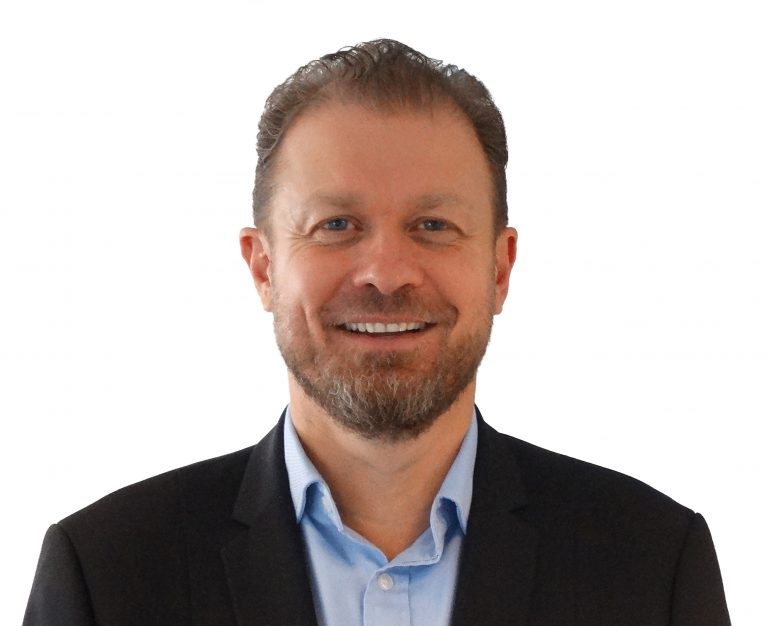Why we mustn’t give up the fight on energy efficiency
By Colin Elocate
18 November 2021
This week saw the launch of the IEA’s Energy Efficiency Report. IEA Executive Director, Fatih Birol summed up the findings of the Report in a powerful soundbite:
“We consider energy efficiency to be the ‘first fuel’ as it still represents the cleanest and, in most cases, the cheapest way to meet our energy needs.”
It’s not hard to understand Birol’s point.
An analysis of nine large countries and regions, including China, the EU and US shows that efficiency standards helped save about 1,500 TWh of electricity per year in 2018, which is equivalent to that year’s total generation from wind and solar in those countries. In the race for renewables and other new sources of energy, it’s tempting to forget about improving efficiency.
While governments are targeting energy efficiency policies more closely than before, overall investment in efficiency measures would need to be tripled by 2030 to be consistent with the levels mapped out in the IEA’s Net Zero Emissions by 2050 Scenario.

Why energy efficiency is so important
The 2050 Scenario involves more than 40 energy efficiency milestones without which total final energy consumption would be around 30% higher by 2030.
Energy efficiency is a topic close to my heart.
It must be our first line of action in reducing the impact of the energy sector.
The USP of Alderley and its group companies, SMS and Kelton, is supporting clients maximise the value of their energy assets. We help clients make their operations more efficient and accurate through solutions such as remote monitoring and management of metering systems.
Embedding energy efficiency in operations
Therefore, the IEA’s Report matters to us not just in terms of its impact on policy but in stimulating a wider conversation about what individual companies can do to embed energy efficiency throughout operations.
Moreover, as the Report and 2050 Scenario states, most of the energy efficiency milestones incorporate technologically mature solutions that can be scaled up very quickly. These milestones encompass the whole energy value chain with benefits not just for business but for the environment too.
For example, BP aims to install methane measurement at all their existing major oil and gas processing sites by 2023. They have committed to publishing the data with the aim of driving a 50% reduction in the methane intensity of their operations. Indeed, reducing methane emissions was one of the most significant outcomes from COP26.
Digital asset integrity solutions are key to helping to reduce leakages and eliminate fugitive emissions – a point made by Alderley’s Mark Goodfellow in an excellent recent piece in Valve World magazine. Digital solutions wedded with consultancy focused on measurement performance do not just maximise the energy produced but it can measure and audit the carbon emitted so that improvements that lower carbon intensity can be built in.
For this reason and as Fatih Birol states, energy efficiency really is the ‘first fuel’.
***
Colin Elcoate is CEO of Alderley plc and has worked in the energy industry for over 25 years holding senior positions in leading energy firms with global operations.

